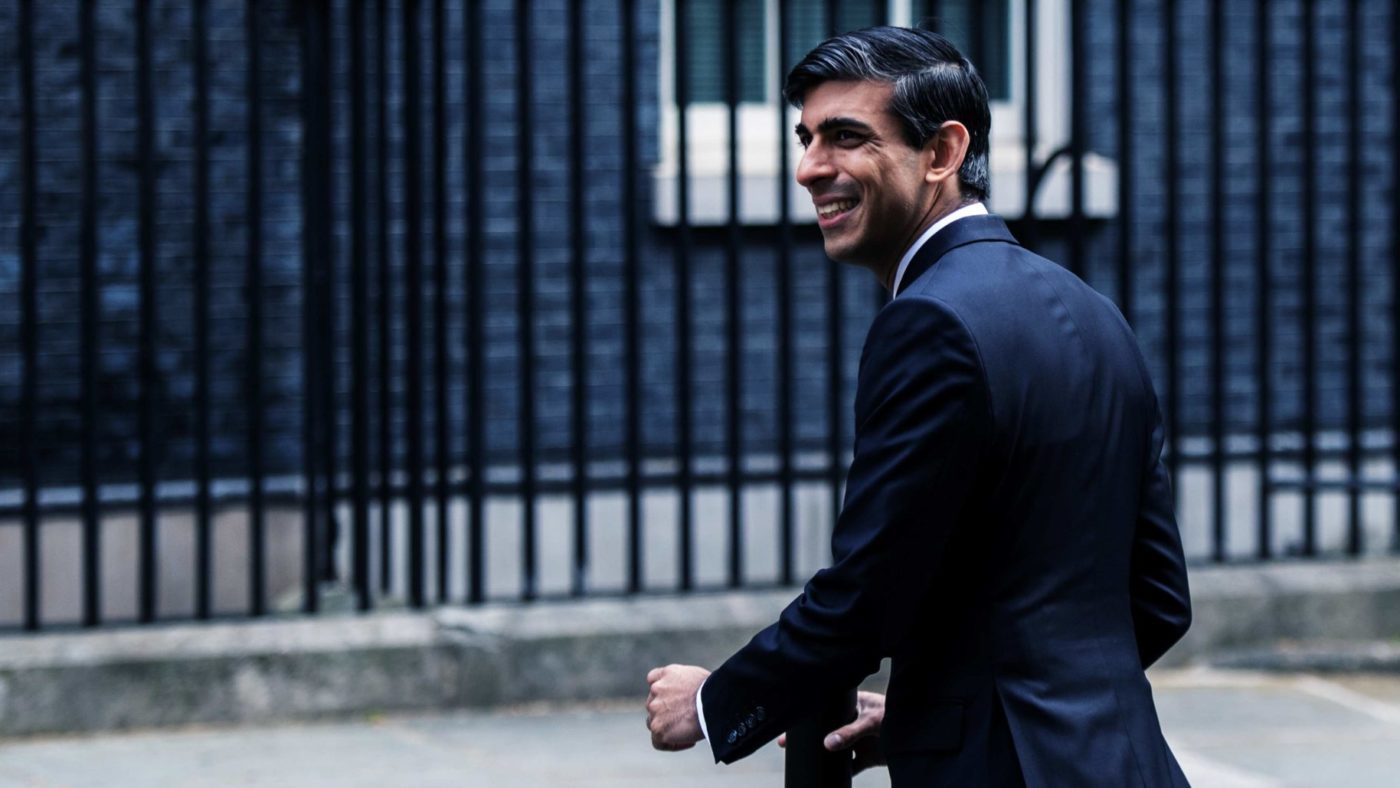A decade ago, Rupert Murdoch gave the first Margaret Thatcher Lecture for the Centre for Policy Studies.
In his speech – delivered as Britain was struggling to cope with the aftermath of recession – he outlined how tempting it can be in tough times to retreat under the state’s security blanket:
“In an anxious time, people naturally worry about security. When people have grown accustomed to looking to the government – for their housing, for their health care, for their retirement – the idea of looking out for themselves can seem frightening.
“In the short term, a government that is generous with other people’s money – and prints more of its own – dangles the promise of a comfortable life, where all the essentials are taken care of. We are again learning, the hard way, that this is a false security.
“The only real security is the security of opportunity. That is where we must aid the dispossessed”.
Murdoch went on to invoke a familiar domestic metaphor, assailing “the small thinkers who believe their job is to cut the cake up rather than make it bigger”. “Without a bigger cake,” he insisted, “the portions will get smaller, and the vulnerable will suffer most”.
In the 10 years since, Britain has moved inexorably from the politics of cake-growing to the politics of cake-sharing – thanks not least to the capture of the Labour Party by the prophets of class hatred.
At the same time, growth has stagnated. In the years since the financial crisis, GDP has risen by more than 2.5% on only one occasion – the worst performance since the Second World War. And even before the coronavirus crisis, the OBR’s forecasts had growth continuing to flatline at around 1.5%.
This is not a uniquely British problem. As Dr Dambisa Moyo pointed out in a more recent Centre for Policy Studies lecture, whose thesis I summarised here, growth has fallen below the expected level across most of the developed and developing world.
Before the coronavirus crisis, this was a chronic problem. Now, it has become an acute one.
Without growth, there is no way out of the coronavirus trap. Without growth, we cannot pay down our debts. Without growth, we cannot afford to keep funding our public services – which will become more and more expensive as the population ages. Without growth, we will all have meaner, poorer lives.
And as I wrote in the Financial Times recently, the only way to deliver growth – proper, sustainable, cake-growing growth – is by supporting the private sector. Every job created, every product sold, every pound in tax paid, is a tiny victory in the war for our collective prosperity.
In the wake of the coronavirus pandemic, the Government has indeed been “generous with other people’s money” – and printed much more of its own. That is entirely understandable. Fighting the virus meant plunging the economy into a “coronacoma”, and it will still need support as it emerges, on shaky legs, from the cryogenic chamber.
But as the economy starts to recover, we need to focus on some old truths. The best way to grow is via the private sector. The best way to help the private sector is by ensuring it has all the support it needs to grow – which means free markets, low taxes, judicious regulation, reliable infrastructure and a productive workforce.
On Tuesday, the Centre for Policy Studies published a joint paper with the Rt Hon Sajid Javid MP. ‘After the Virus’ made more than 60 recommendations about how to speed up the recovery. You can read the former Chancellor’s summary of its recommendations in the Telegraph. But its essential argument, as he says, was that growth must be ministers’ overriding priority.
That is why we have, in response to the coronavirus crisis, retooled the CPS’s entire policy agenda – expanding our ‘Going for Growth’ lecture series into a policy programme focusing on how we can not just restore growth and spread growth, but put it on firmer foundations.
Yesterday’s paper was, we hope, the opening salvo in a sustained intellectual bombardment. This will be our central focus as a think tank – and should be ministers’, too.
There are all kinds of things that Government could do or should do at any given time. But under the current circumstances, we need to focus on necessities rather than luxuries – and above all, on getting the growth rate up. As a wise woman once said, there is no alternative.
Click here to subscribe to our daily briefing – the best pieces from CapX and across the web.
CapX depends on the generosity of its readers. If you value what we do, please consider making a donation.


